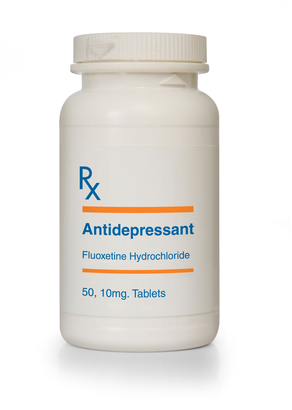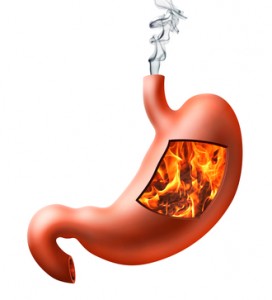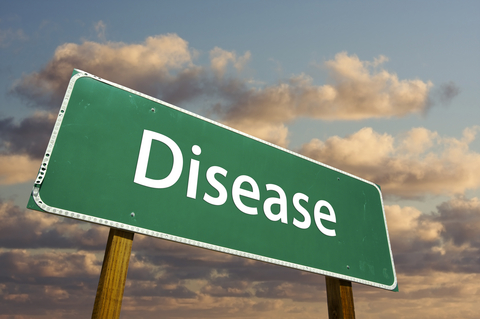 Having a son with a developmental delay was very hard on me. He didn’t walk until he was 20 months old.
Having a son with a developmental delay was very hard on me. He didn’t walk until he was 20 months old.
This was extremely hard for me because he didn’t walk until 3 weeks before his little brother was born, and I was having to carry him everywhere.
I suppose the bright side is that he didn’t weigh a whole lot, given that he was also a failure-to-thrive baby. [Read more…]

 Believe it or not, acid reflux medication dangers are real, and these medications do major harm to your body. Shocking, right?
Believe it or not, acid reflux medication dangers are real, and these medications do major harm to your body. Shocking, right? Statins are increasingly being prescribed to bring down high cholesterol levels, which are thought by many in the medical community to be dangerous. I disagree.
Statins are increasingly being prescribed to bring down high cholesterol levels, which are thought by many in the medical community to be dangerous. I disagree.  A
A  Methylation is a subject that keeps coming up again and again for my sons and myself. It’s one of those all-encompassing issues like toxicity or gut dysbiosis because so many diseases and conditions are linked, directly or indirectly, to it or rather, a lack of it.
Methylation is a subject that keeps coming up again and again for my sons and myself. It’s one of those all-encompassing issues like toxicity or gut dysbiosis because so many diseases and conditions are linked, directly or indirectly, to it or rather, a lack of it. Great. Not only is triclosan, the drug in many anti-bacterial hand sanitizers and soaps, an endocrine disruptor (it damages your thyroid and hormonal system) and a pesticide (it kills your good gut flora), but now
Great. Not only is triclosan, the drug in many anti-bacterial hand sanitizers and soaps, an endocrine disruptor (it damages your thyroid and hormonal system) and a pesticide (it kills your good gut flora), but now 
 Learn how toxins and lifestyle factors contribute to autism, PDD-NOS, ADHD, sensory processing disorder, hypotonia, retained reflexes and developmental delays.
Learn how toxins and lifestyle factors contribute to autism, PDD-NOS, ADHD, sensory processing disorder, hypotonia, retained reflexes and developmental delays. Most obstetricians do not warn their pregnant patients about toxins like pesticides in food, like phthalates or endocrine disruptors in consumer products, or like heavy metals in the environment that could harm their unborn child.
Most obstetricians do not warn their pregnant patients about toxins like pesticides in food, like phthalates or endocrine disruptors in consumer products, or like heavy metals in the environment that could harm their unborn child.

